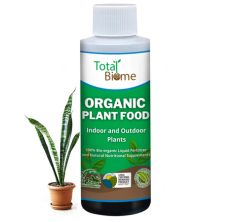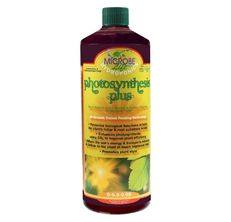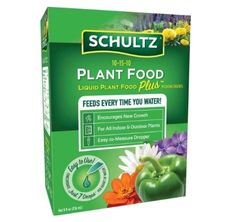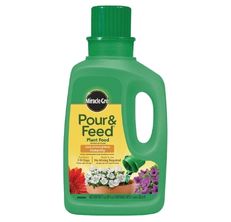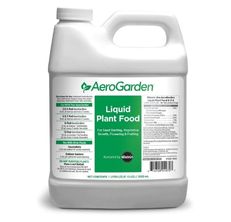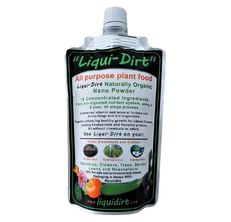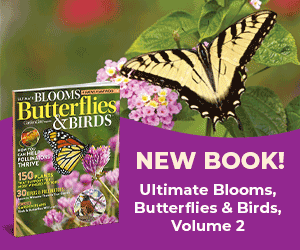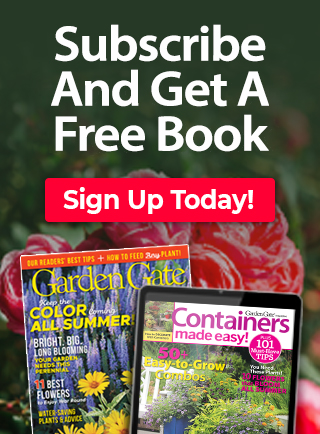When it comes to keeping your plants alive and healthy, it’s essential to make sure they’re getting the proper nutrition. And while it’s easy to think of plants as being ‘low maintenance,’ they still need the correct type of food to thrive! Choosing plant food to nourish your houseplants and garden can be challenging, especially with so many options on the market. But don’t worry—we’re here to make it easier for you. In this post, we’ll look at the best plant foods of 2024, paying special attention to our favorite choice, Total Biome Plant Food. So, whether you’re just getting started with houseplants or you’re a seasoned green thumb, this post will help you give your plants the nutrition they need.
Our Top Picks For Plant Food
- Buying Guide: Plant Food
- People Also Asked
- What is the best plant food for my type of plant?
- What ingredients should I look for in a good plant food product?
- Is plant food safe for my pets if they come in contact with it?
- Does the best plant food have long-term benefits or just short-term results?
- Can I use my plant food for both indoor and outdoor plants?
- How often do I need to use the plant food on my plants?
- Are there any side effects of using the best plant food on my plants?
- Related Articles
Buying Guide: Plant Food
Plants are beautiful things. They supply us with beautiful flowers and produce, beautify homes, and clean the environment. In fact, both indoor and outdoor houseplants provide people with a lot of benefits, but they require regular nourishment as neglect quickly leads to them wilting and dying. When looking for the best plant food for your gardening needs, there are several important factors to consider. The following is a comprehensive guide for determining which product is best for you.
Plant Food: Things to Consider Before Buying
Ingredients
The ingredients used in plant food can determine its effectiveness and compatibility with certain plants. Check labels to make sure the product contains all of the essential nutrients, such as nitrogen, iron phosphates, manganese, etc. Similarly, also check for any irritants or allergy-causing ingredients that might harm children or pets.
Ease of use
The process of applying fertilizer can be time-consuming or cumbersome depending on how it needs to be applied and how often it needs to be reapplied. Consider how much time and effort you want to put into taking care of your garden each week and purchase accordingly.
Type of plant
Different types of plants are better suited for different types of fertilizer formulations with specific nutrient profiles designed specifically for them. Consider what kind of plants you want to grow and buy accordingly in order to ensure maximum success and health for your garden’s vegetation.
Form (liquid or powder)
Liquid fertilizers are generally easier and faster to apply than powders because they are already dissolved. Still, powders may work better for specific applications depending on their nutrient content and other variables such as soil type or pH balance requirements for certain plants. Take some time to research.
Shelf life
All plant foods will have an expiration date and should not be used after this time has passed because they may no longer provide adequate nutrition for your garden’s plants. Consider how quickly you will use up a particular fertilizer before buying too much at one time in bulk or stocking up on multiple packages at once.
Organic vs. synthetic
Organic fertilizers are made of natural ingredients such as animal manure, compost, or other organic matter. Synthetic fertilizers are often made of minerals or chemicals that provide nutrients directly to your plants. Both types of fertilizers can help nourish plants, but it is important to research each type in order to decide which is best suited for your particular garden.
Price and availability
Price is crucial when it comes to any product. Compare the prices of each manufacturer. You should do this by looking at both the price and the size of the bottle. Some manufacturers might charge high prices, but they also offer larger amounts, so they come out as relatively more affordable. The plant food also needs to be readily available. Finding the perfect fit for your plant takes work, but once you find one that suits it is crucial that you use it consistently. Check how widely available it is.
What Is the Way to Store Plant Food?
You only require a small amount of plant food each time you use it. So it is paramount you store it away in a way that keeps it from spoiling. If stored properly, plant food can last several years up to a decade, ensuring value for your money. Also, it is crucial to keep it away from the reach of children or pots for safety.
No matter the plant food type, it’s important always to keep it stored in a cool, dry place where temperatures don’t exceed 70 degrees Fahrenheit. Make sure not to leave plant food sitting in direct sunlight or exposed to high humidity levels. You should also always store it in an airtight container and away from other chemicals and hazardous materials.
People Also Asked
What is the best plant food for my type of plant?
The best plant food depends on the type of plants you have. Generally, if your plants are nitrogen-loving, then a balanced fertilizer with a higher level of nitrogen should be used. If your plants are phosphorus-loving, choose a fertilizer with a higher concentration of phosphorus. If your plants require both nitrogen and phosphorus, choose a fertilizer that contains both in balanced proportions.
What ingredients should I look for in a good plant food product?
The main ingredients in the best plant food typically include nitrogen, phosphorus, and potassium. Other micronutrients such as magnesium, zinc, iron, and other trace elements may also be included in some formulas.
Is plant food safe for my pets if they come in contact with it?
Yes, most fertilizers are safe to use around pets when applied according to label directions. However, it is always recommended to keep pets away from any areas where fertilizer has been applied until it has been completely absorbed by the soil.
Does the best plant food have long-term benefits or just short-term results?
Most fertilizers have both short-term and long-term benefits when applied correctly according to label directions; however, this may depend on the type of fertilizer being used (i.e., liquid vs. granular). As with any fertilizer, apply only as directed by the manufacturer’s instruction in order to avoid over-fertilization, which can damage your plants or even kill them altogether!
Can I use my plant food for both indoor and outdoor plants?
Yes, most fertilizers will work both indoors and outdoors depending on the type of fertilizer being used and whether or not you need to mix it with water before application (see below for more information). Always read and follow the product label for specific instructions.
How often do I need to use the plant food on my plants?
The frequency of application depends on the type of plant food being used and the growth stage of your plant(s). Generally speaking, most fertilizers should be applied every 5-6 weeks during the growing season or every 3-4 weeks if using a liquid fertilizer. Always read and follow the product label for specific application instructions.
Are there any side effects of using the best plant food on my plants?
The side effects of using fertilizers depend largely on how much is used at any given time as well as which type is being used (synthetic vs. organic). Overfertilizing can result in excessive foliage growth at the expense of flower/fruit production; poor flowering; burning/scorching of leaves; leaching out into water sources; contamination of groundwater; negative impacts on beneficial microorganism populations in soil; runoff pollution; etc., so it's essential to read labels carefully before application and follow directions accordingly!




